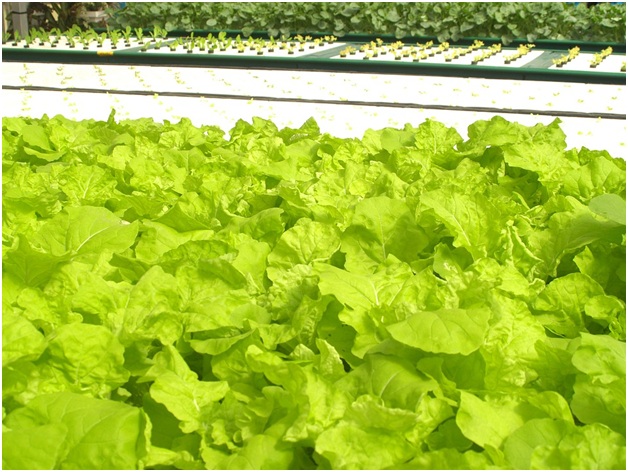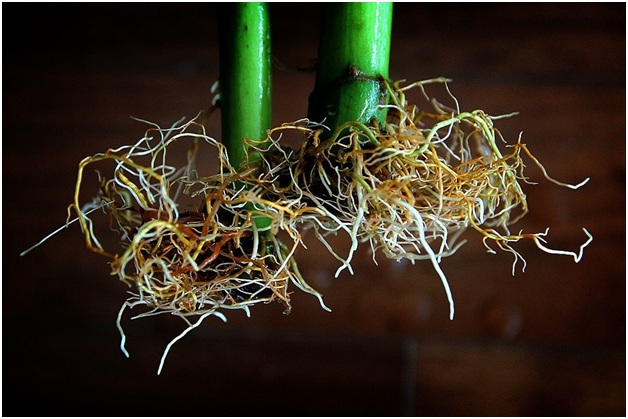Hydroponics is a soil-free, indoor growing solution. It enables people to have a garden even when they lack acreage or a climate conducive to year-round production. It prevents animal intrusion and enables people to have complete control over the growing environment.
Hydroponic gardens take more effort and attention than outdoor, soil-grown crops. It is an artificial environment, so the grower must provide everything the plant needs to achieve success. The process becomes easier over time but expect it to be more complex than sticking a seed in soil.
Know the Benefits
Those questioning whether to take on the effort of this type of garden should know the benefits they gain once their efforts pay off. Hydroponics save space because the roots do not compete for room as they would in the soil. The method enables plants to grow faster and more productively. There is no wasted time weeding, fence building or worrying over weather conditions.
Hydroponic gardens are environmentally responsible. People can grow their own crops wherever they live and use less fertilizer and pesticides. Reduced evaporation and the recirculation of water in a water bank also means that hydroponic growing uses less water than soil-based gardens.
Choose a Method
Four basic methods exist in the world of hydroponic growing. Top drip, ebb and flow, wick, and deep-water culture are the main options. Most people prefer to use the drip system that allows a reservoir to hold the nutrient solution. All excess returns to the reservoir after the water pumps through the plants a few times each day.
A cotton wick delivers the nutrients to the plants that rest on a wicking mat in a wick system. Ebb and flow systems deliver the solution into the bottom of the pots that sit on a drain table where water is pumped in a couple of times a day. Plants stay suspended in oxygenated water in the deep-water culture method. An air pump helps to produce bubbles that introduce oxygen into the water, as it would in a fish tank.
There are other options and equipment, like aeroponics, and more methods in development as well. However, most growers will choose one of the four methods listed to begin their garden. It is a good idea for anyone new to hydroponics to do an in-depth study of each to find the method that best suits their space, budget and time.
Know the Products
A light source, nutrients, and growing medium are needed for a hydroponic garden. Nutrients are a necessity because the plants normally gain these from the soil. Many people use a pre-mixed solution to ensure the plants receive the correct levels of everything they need. Research how to identify when a crop has a need. The appearance of the plants will change when something is deficient. Invest in a plant health guide because each type of plant reacts differently to nutrient shortages and has unique needs.
Remember the Temperature
Hydroponic water temperature is potentially the most crucial factor for success. Water that is too cold or too warm can damage the roots, cause stunted growth or destroy the plants. Growers need to have cost-efficient ways to keep the water temperature regulated all year. Experts recommend a temperature range between 65°F and 80°F. The North Slope Chillers website offers plenty of tips to make it possible to keep water within that range.
Select a method that looks appealing and start small. It is more affordable and less stressful when beginners expand as needed rather than try to take on too much at once. Many people consider hydroponics to be the gardening method of the future, so those that start now could be far better off than their neighbors still working in soil. If you need any help or tips for your hydroponics garden, give Orange County Landscaping Pros a call and they will be happy to answer any of your questions.

